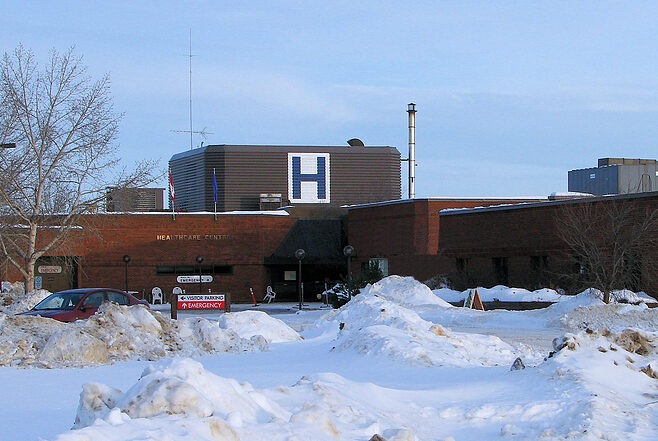The election of Donald Trump and the formation of the Department of Government Efficiency has placed a renewed focus on the best ways to reduce spending and streamline government operations.
This long-overdue effort comes as lawmakers continue to explore ways that the legislative branch can similarly make government smaller. Yet, it is essential to note that not all reforms are created equal. Some of these changes that Congress is considering are welcome, but it may be wise to forego others in favor of better solutions.
One such proposal that may warrant additional scrutiny is “site-neutral payments.”
This policy would fundamentally alter how Medicare reimburses hospitals for outpatient care. While proponents claim this approach would reduce healthcare costs and save taxpayer dollars, it threatens to devastate rural communities and undermine access to essential healthcare services for millions of Americans.
The concept behind site-neutral payments appears deceptively simple: Medicare should pay the same amount for the same service, regardless of where it’s provided. However, this oversimplified approach ignores the crucial differences between hospital outpatient departments (HOPDs) and physician offices.
Since HOPDs are considered a unit within a broader hospital facility, they are held to higher regulatory and safety standards than other outpatient care settings. Unlike independent physician offices, they also operate as extensions of a main hospital that is relied upon to operate 24/7 and, as such, is required to employ full medical teams around the clock. All of this results in additional overhead costs that necessitate higher prices.
The stakes are exceptionally high for rural communities, where local hospitals serve as major employers, economic anchors and critical healthcare providers. In fact, rural hospitals support one in every 12 rural jobs in the United States and generate $220 billion in economic activity in their communities. More than 40 percent of all physician visits in rural communities occur in HOPDs rather than traditional physician offices, underscoring these facilities’ critical role.
Unfortunately, these facilities face dire financial situations. More than 100 rural hospitals have closed over the past decade, and more than 30 percent of the facilities that remain are at risk of closing. Inflation has played its part — since 2019, hospital expenses have increased by more than 20 percent — but in 2022, Medicare underpayments totaled $100 billion, highlighting the difficulties that a lack of proper government compensation for services has caused.
Against this backdrop, legislators are reportedly considering a plan to implement site-neutral payments. It’s commendable that they want to find cost savings — an admittedly tough job in Washington — I hope that they give the full effect of such a policy serious consideration before making any decisions.
The Federation of American Hospitals has cautioned that site-neutral payments equate to Medicare cuts that “threaten access to 24/7 hospital care,” while the American Hospital Association has warned that it would be “irresponsible to think that clawing back $140 billion of Medicare spending for seniors won’t destabilize access to care.” A better way to find government savings may be to look to the billions lost to waste, fraud and abuse in Medicare and Medicaid programs instead.
For example, the Department of Health and Human Services estimated more than $100 billion in improper payments in these programs during fiscal year 2023. Meanwhile, the Medicare Advantage program, which was created to save taxpayer dollars, has instead been abused by insurers for decades. Recent investigations have revealed widespread abuse, with private insurers receiving billions in questionable payments through dubious and outright wrong diagnoses that triggered more than $50 billion of extra taxpayer-funded payments from 2018 to 2021.
Congress is wise to look at reforming our entitlement programs to make the government more efficient, but there are likely better ways to accomplish this goal than moving forward with site-neutral payments. By targeting improper payments, questionable Medicare Advantage diagnoses, and other documented sources of program waste, we can achieve meaningful cost savings while preserving the integrity and accessibility of essential rural healthcare providers that millions of Americans depend upon.
This approach represents a more prudent path forward that balances fiscal responsibility with the fundamental obligation to maintain a robust healthcare safety net.


